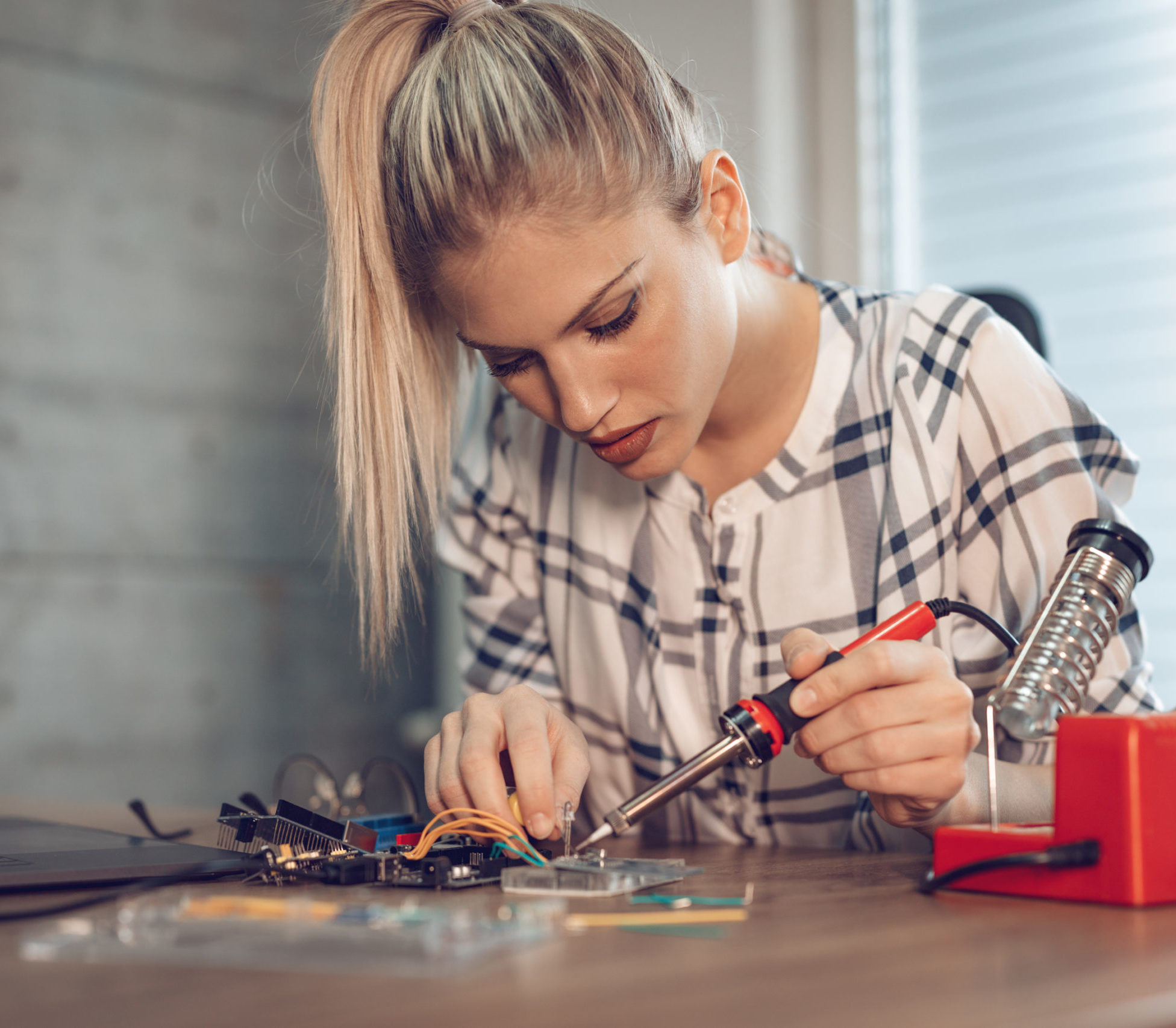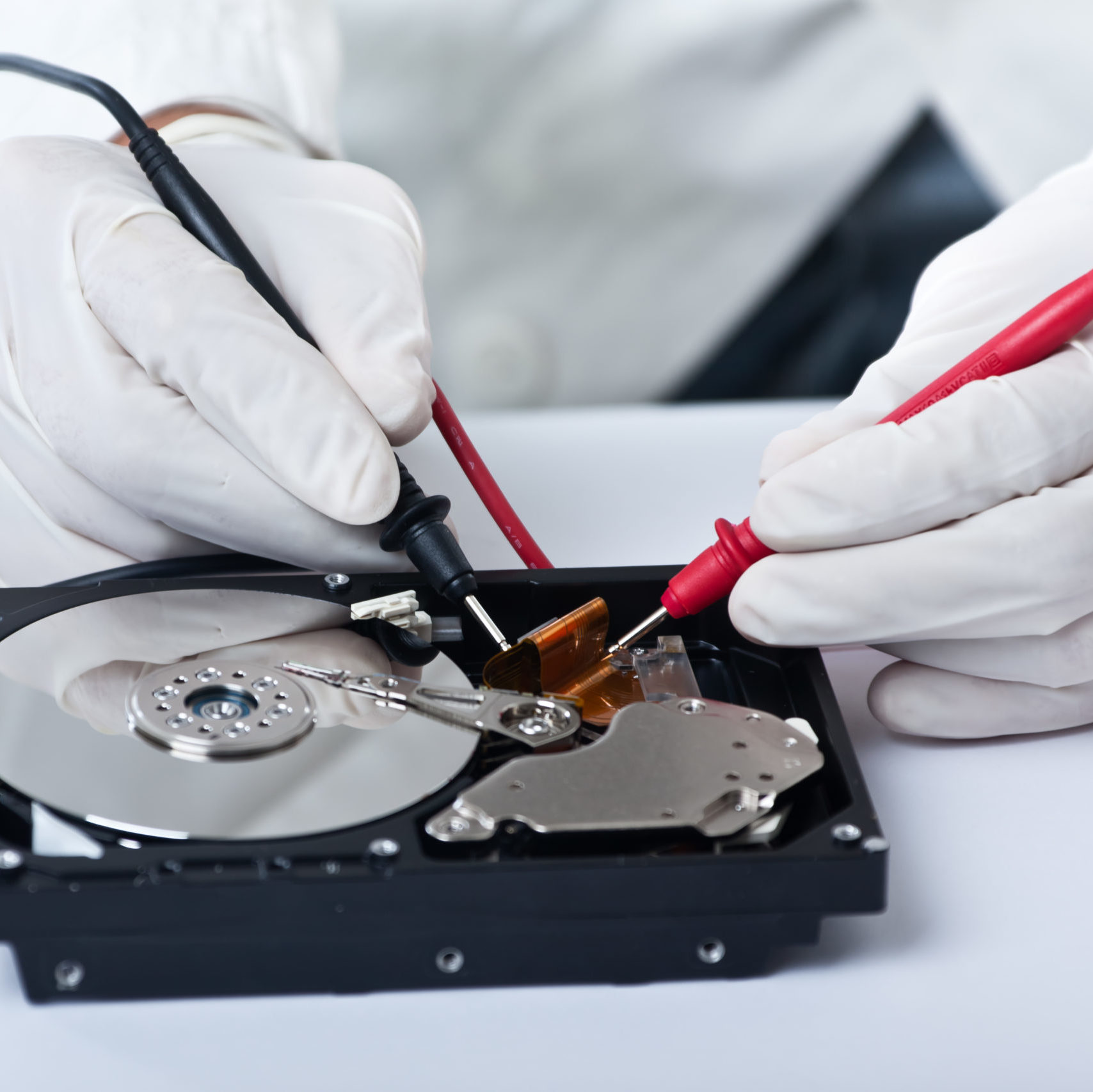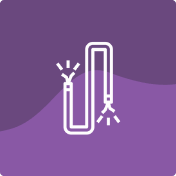Electronics Assembler, Inspector, and Tester

Personal Connection
- Do you like working with electronics?
- Do you often take things apart to figure out how they work?
- Would you like to learn more about how electronics are made?
- Does your ideal job involve working with your hands?

Other Connections





STEM Connection
Computers, and their components, are becoming smaller and smaller:
The rise of robots has heralded a new direction in electronics manufacturing:
Technology that flies might not seem all that new, but it's quickly turning heads:
Electronic textiles (or, in layman's terms, smart clothes) represent the future of health and athletics:
Journeys to Becoming an Electronics Assembler, Inspector, and Tester
April Senase from Skokie, Illinois, has worked at numerous factories for more than a decade, often as the first, or only, woman running high-tech machinery. She also became the first female instructor at a trade school that teaches computer-aided machining.
As an instructor, April hopes to inspire more women to seek careers in manufacturing, which is being transformed from a labor-intensive industry to a high-tech one. "Women are very detail-oriented," said Senase. "You need that approach in manufacturing today because the work is so much more precise."
Read more about April's story here:
Read about the youngest computer specialist in the world:
Ayan Qureshi, who lives with his family in England, became the youngest computer specialist in the world after passing Microsoft's Certified Professional exam when he was just five years old!
In an interview, he told the BBC that the exam was difficult but enjoyable, and his dream is to set up a UK based tech hub like Silicon Valley.
Introduced to computers by his father, an IT specialist, at three years old, gave Ayan the jumpstart to his interest in the machines. His father let Ayan play with his old computers so he could develop an understanding of motherboards and hard drives. Mr. Qureshi explained the test to Ayan and said, "The hardest challenge was explaining the language of the test to a five-year-old. But he seemed to pick it up and has a very good memory."